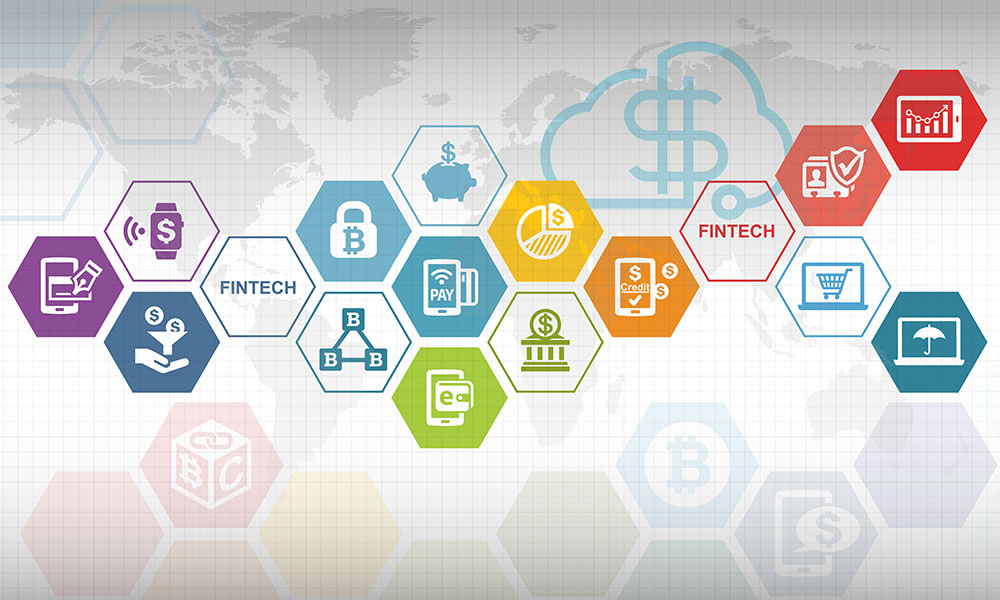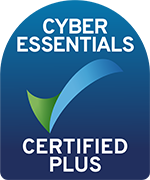
Blockchain for business
Say the word “blockchain” for business and the benefits that first springs to mind is likely to be Bitcoin. The crypto currency is bursting with popularity and many are awaiting its seemingly inevitable crash, so concerns about the nature (and use) of Bitcoin might make companies very wary of the technology that underpins it.
In reality, that’s a real shame because blockchain has the potential to revolutionise how we do business and to make it both safer and massively more efficient.
The basics of blockchain for business
Blockchain is essentially a digital bookkeeping ledger, but there’s a twist to it that makes it very exciting: unlike a standard digital record, which is stored in one place, Blockchain records are stored across multiple computers and any updates to them are made across all copies at the same time.
Now, you may be thinking that this sounds rather like the cloud and in fact it is. The difference is that, with cloud services, the data is stored in one place, usually a remote server, but it can be accessed from anywhere. With blockchain, the data is stored in different places. This difference could benefit businesses in three, key ways:
1. Blockchain Speed
Right now, in the world of finance, if you want to make a change to a record, you lock it (to stop anyone else accessing it), make your changes, save them and release the record again and, frequently, at least one other person (or computer) has to do the same at their end.
With blockchain, you just need to make the changes once and all ledgers will be updated.
2. Blockchain Security
Cyber attacks are a continual threat to modern businesses and financial data is particularly at risk, but the nature of blockchain makes it much harder for hackers to slip in between the cracks and make changes without the being detected.
Just as importantly, using blockchain can help to reduce the number of people (or computer systems) who need to touch the data in the first place and thereby reduce the likelihood of genuine mistakes occurring and then feeding through the system without anyone noticing.
Both of these factors mean that blockchain has the potential to ease the compliance process and therefore reduce its costs, especially when aligned with robust processes and best practice, such as those delivered under IASME Governance & Cyber Essentials Certification.
3. Blockchain for Business Data Unification
Data is now recognised to be the foundation of many solid business decisions, hence all the excitement about “big data”. Companies are increasingly moving away from “siloed” methods of working and towards the concept of “centres of excellence”, in which departments will still be specialists, but are more consciously integrated into a holistic whole.
Putting these two facts together, it’s easy to see that financial data does not exist in a vacuum as numbers on a (digital) page.
It’s usually a crucial part of any decision-making process and so anything that makes that data more accurate and more timely is excellent news for businesses everywhere.
The speed of blockchain and its decentralised nature opens up exciting opportunities for real-time financial data to be incorporated into performance-management systems to deliver invaluable intelligence to managers of all kinds all round the world.



